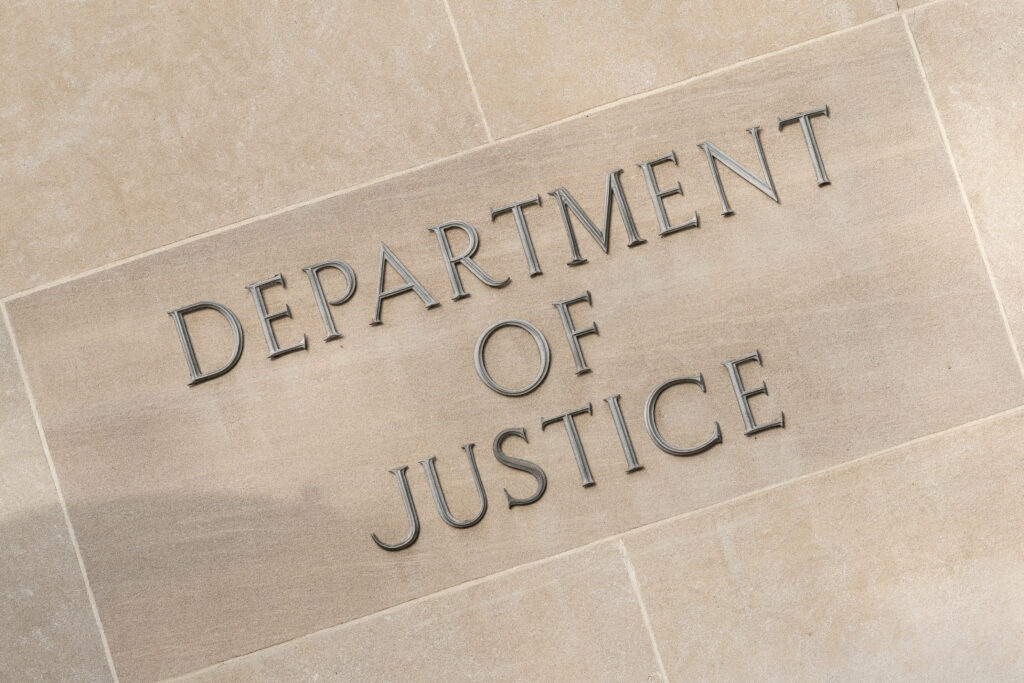DOJ Efforts to Seize Voter Data ‘Pose Serious Risks’ to Privacy and National Security, Senators Warn

The Trump administration’s effort to gather private voter data from every state poses serious national security risks and raises privacy concerns, a pair of Democratic senators wrote in a letter to Attorney General Pam Bondi Thursday.
Since at least May, the U.S. Department of Justice (DOJ) has been demanding that states hand over their voter rolls — including the sensitive personal information of every individual voter. But numerous states have refused the department’s demands — citing privacy concerns and claiming DOJ doesn’t have a legal right to the information.
DOJ has sued eight states to obtain access to their voter rolls.
Get updates straight to your inbox — for free
Join over 350,000 readers who rely on our daily and weekly newsletters for the latest in voting, elections and democracy.
In a letter citing reporting from Democracy Docket and other media outlets, Sens. Alex Padilla (D-Calif.) and Dick Durbin (D-Ill.) said they “strongly oppose” DOJ’s legal efforts to strongarm states to hand over their private voter data.
“We are especially concerned that these actions pose serious risks to voter privacy and national security, and we stand with election officials who are ready to fight back against misuse of the data in calls for baseless purges or meritless challenges to election results,” the senators wrote.
The letter argues DOJ lacks legal authority to demand access to state voter rolls, and raises concerns that the department may be violating the Privacy Act in its efforts to obtain voter data.
“DOJ appears to be driven by blind allegiance to the President’s unlawful and unconstitutional Executive Order 14248” — President Donald Trump’s sweeping anti-voting order that’s been partially blocked by courts — in carrying out its hunt for voter data, the senators wrote.
DOJ has said it wants access to states’ voter rolls to ensure compliance with federal voting laws. But the letter echoes the concerns of state officials and voting rights advocates that the department has ulterior motives.
“Despite the lack of public transparency, credible reports indicate that the Administration plans to use sensitive state voter information to create a national voter database, without any direction from Congress or guardrails on how the information in the database will be used,” the letter reads.
Padilla and Durbin requested a written response from Bondi by Nov. 20, along with a briefing on DOJ’s activities regarding state voter rolls in the Senate Rules and Judiciary Committees in December.